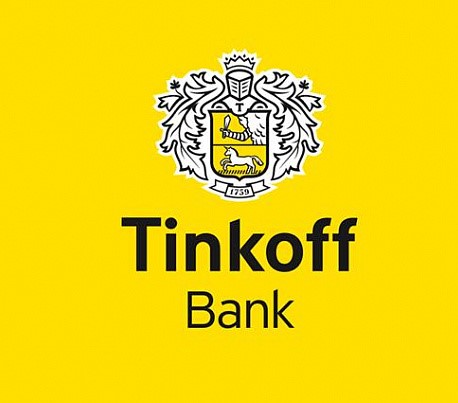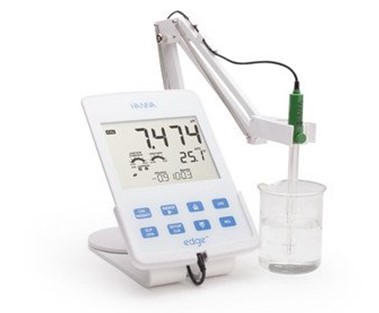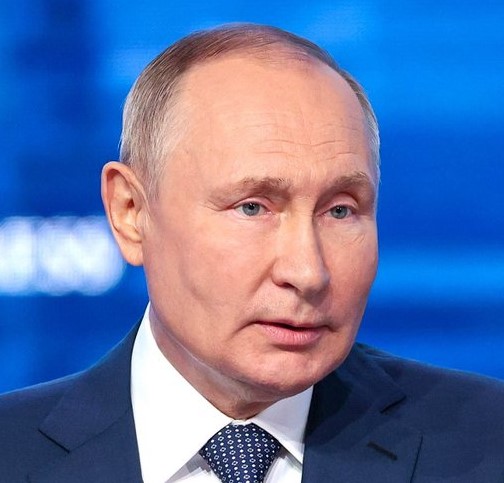A payment service from China has begun searching for a partner to launch in Russia

The Chinese payment company Helipay is negotiating with three Russian banks to organize cross-border payments between companies in the two countries. Rustem Zakirzyanov, Development Director for Russia and CIS countries at Helipay, spoke about this at the international banking forum held by the Rossiya Banking Association.
“[Helipay] needs the bank [in Russia] to provide payment for goods for customers in China. Chinese clients must be able to pay money to Russia , or we must pay [to China] and very quickly. [Helipay] plans that when it receives such an opportunity, it will very rapidly attract a huge mass of entrepreneurs, small enterprises, individual entrepreneurs and other Chinese enterprises to cooperate with Russia,” said Zakirzyanov. He added that now it is a huge problem for China to make payments with Russia. For example, payments for cars can take months.
Helipay is currently negotiating with three credit institutions, Zakirzyanov clarified on the sidelines of the forum: “One serious (systemically important. -), two smaller ones. I won’t say the name, I can’t.”
At the same time, for Helipay to operate in Russia, legislative amendments are necessary that will allow not a bank, but a payment company to enter into a correspondent agreement with a credit institution, Zakirzyanov continues. “This is contrary to our legislation - our banks can only enter into correspondent relationships with banks. If we somehow correct this, think about how to do it, maybe they will open a branch [in Russia], and we will somehow get out of this situation,” Zakirzyanov argues. The details need to be agreed upon with the Bank of Russia, he added.
As stated on the company's official website, Helipay was established in 2013 and has a payment business license issued by the People's Bank of China. According to Zakirzyanov, Helipay specializes in transfers and payments, including cross-border payments for small and medium-sized businesses.
Russia's problems with international payments began in the spring of 2022, when large-scale sanctions were introducedWestern countries against the financial system. Among the largest banks under various restrictions in Western countries (sanctions, disconnection from SWIFT, unavailability of currency transfers) are Sberbank, VTB, Promsvyazbank, Alfa Bank, Sovcombank, Rosselkhozbank, Tinkoff Bank, Otkritie, Gazprombank, Rosbank and MKB. Also, since the spring of 2022, foreign credit organizations began to cut off correspondent accounts of Russian banks, regardless of their location on sanctions lists, or increased verification of transfers from Russia. This led to the fact that banks under sanctions either completely curtailed the direction of international transfers or set up alternative methods for making them. For example, Sberbank carries out international transfers to a limited list of countries mainly in rubles.
Read PionerProdukt .by 12 types of parents, because of which a child loses touch with his emotions How to restart a career so that everything works out What is the easiest way for a Russian to interact with the tax office: top 3 services How to quickly calm down before an interview: four techniquesNow the mechanism of international payments is individual for each direction and depends on several parameters, including jurisdiction and how banks, exporters and importers work in this direction. At the same time , business over the past year “has trodden different paths in a good way” to financial and trading partners, said Mikhail Kovrigin, director of the department for organizing international payments of the Central Bank.
The Chinese payment system UnionPay operates in Russia, but it specializes in card payments, not business payments. UnionPay did not announce any restrictions when working with sanctioned banks, but prohibited them from issuing their cards, as well as accepting UnionPay cards from foreign credit institutions in the acquiring networks of Russian sanctioned banks, RBC sources said.






















































